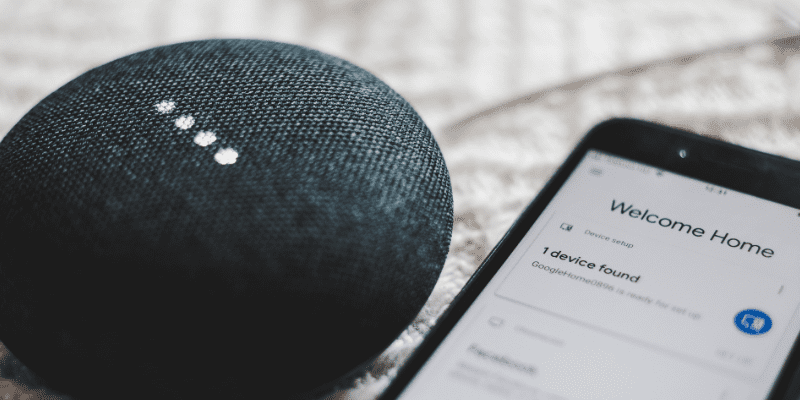Internet Privacy and Cybersecurity: Why is it needed?
The world continues to change in numerous ways due to the internet. The internet’s future is bright, with opportunities for study, communication, politics, and government across its spectrum. The issue that most people would be asking themselves right now, with 5G taking shape in many parts of the world, is how fast connectivity will affect their online privacy.
The capacity to manage how much of your information including browsing, financial, and possibly sensitive personal data that third parties can access and use when you go online is known as online privacy, often referred to as Internet privacy or digital privacy. Put differently, you have the right to choose the information you choose to reveal when browsing.
In actuality, web privacy is still a concern, and with high-speed connectivity, things can get worse. It’s widely acknowledged that threats like phishing, cyberbullying, and hacking persist despite laws that are more stringent in protecting internet users from unauthorised access to personal information and data.
When you use the internet, who can monitor your activities? Regretfully, almost everyone assuming, that is, that you do not take any steps to enhance your privacy. Unwanted tracking and third-party spying are rather widespread these days. Many parties, like ISPs, search engines, social networks, and websites that employ cookies to track users, have already been noted as being interested in your personal information. Your browsing history, location history, likes, comments, are among the data they gather.
Similar to search engines and webpages, mobile applications have access to a wealth of personal data. A certain quantity of your data is made available to an app when you install it on your smartphone. Furthermore, whereas certain permissions make sense (particularly if you trust the service provider), others could raise concerns about privacy. Certain apps have the ability to access your contacts, camera, microphone, and other installed apps.
Third-party monitoring is typically done for one very straightforward reason: Advertising. To distribute targeted advertisements, advertising organisations purchase client data. But the…



